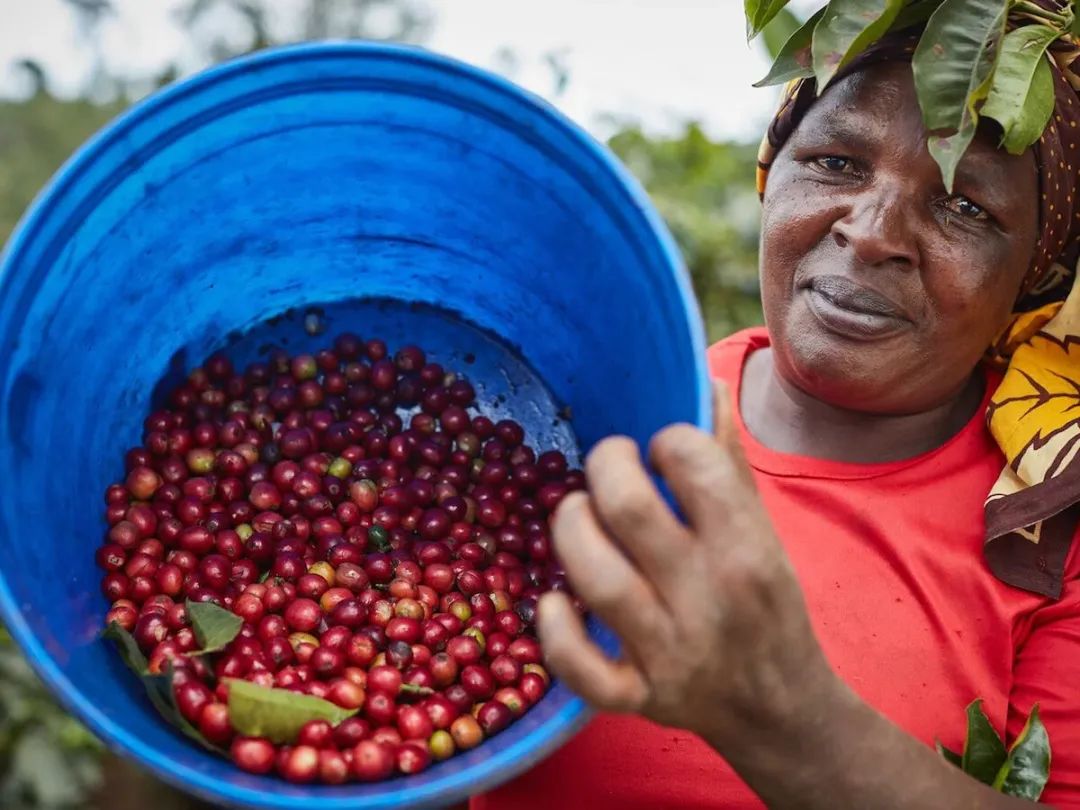Over the past week, central bank governors from various countries have been in Washington, D.C. to attend the Spring Meetings of the World Bank and the International Monetary Fund. The meetings will assess the impact of the Trump administration's tariffs, international trade rules, and summarize the economic development in various regions.
During the meetings, the World Bank released the economic report on the African region, "Africa's Pulse". The report shows that the exchange rate of the Ethiopian Birr against the US dollar depreciated by more than 50% in 2024. The World Bank's report indicates that the weakest - performing currencies in Africa over the past year were the South Sudanese Pound, the Ethiopian Birr, and the Nigerian Naira, all of which depreciated by more than 40% in 2024.
The World Bank pointed out that countries with a heavy external debt burden and limited foreign exchange earnings from export revenues are likely to experience a significant currency depreciation. At the end of 2023, Ethiopia defaulted on its debt, failing to pay the $33 - million coupon interest on a $1 - billion Eurobond due in 2024. And this is just the tip of the iceberg. As of the end of 2023, the publicly available total foreign loans to Ethiopia were approximately $28.5 billion.
Ethiopia has been in negotiations with the International Monetary Fund and the World Bank on a series of issues throughout last year. The creditor countries established the Official Creditor Committee for Ethiopia and reached a bilateral agreement with the Ethiopian government, agreeing to suspend debt repayments or provide debt relief, enabling Ethiopia to obtain new World Bank loans to address practical problems. China and France jointly chaired this creditor committee. In August last year, Ethiopia's negotiations with the World Bank were approved, and the first - tranche of loans totaling $1.5 billion was approved. According to Ethiopian President Abiy, in the following years, Ethiopia may obtain $10.8 billion in loan relief from the World Bank through reforms.
At the same time, in July last year, the Ethiopian government announced foreign - exchange reforms. The reform measures mainly include an open market - based exchange rate, allowing exporters and commercial banks to retain foreign exchange, and relaxing the foreign - exchange limits for foreign investors when entering and leaving Ethiopia. These lenient measures can promote the free flow of foreign exchange and the domestic currency, thus indirectly promoting foreign trade and foreign investment in the country. However, the negative impact is that once foreign - exchange controls are relaxed and the country does not have sufficient foreign - exchange reserves to purchase imported goods, the domestic currency will depreciate. The current international trade is still mainly denominated in US dollars, which has led to a decline in the exchange rate of the Ethiopian Birr against the US dollar.
The decline in the US - dollar exchange rate can, to some extent, enhance the competitiveness of exports because the depreciation rate of the domestic currency may not be in sync with the price increase of export goods. In many cases, although something becomes more expensive when calculated in the domestic currency, when compared with the depreciation rate of the US - dollar, it may still be cheaper.
This change will increase the quantity of export goods, but some goods are exceptions. For example, Ethiopian - exported coffee may be affected by the price of Brazilian coffee and may become more expensive. The decline in the US - dollar exchange rate also has an impact on the domestic market. On the one hand, a cup of coffee that cost 5 Birr on the streets of Addis Ababa no longer exists, and it has become 15 - 20 Birr per cup. On the other hand, goods that are needed domestically but cannot be self - supplied at present also become more expensive, such as fuel, fertilizers, and medicines. The prices of these goods in Ethiopia have generally increased, and many have increased by 50% - 100%, higher than the 50% announced by the World Bank. On the day the foreign - exchange reform was launched, the exchange rate of the Birr dropped by 30% due to the relaxation of controls. By October, the National Bank of Ethiopia had to issue a new foreign - exchange policy, limiting the daily buying and selling prices to no more than 2%.
The increase in inflation and the cost of living has significantly increased the living pressure on the poorest people, but this is the pain that must be endured during development. Currently, the exchange rate of Ethiopia has stabilized, but many foreign merchants who were previously in Ethiopia have transferred their businesses to other countries.



